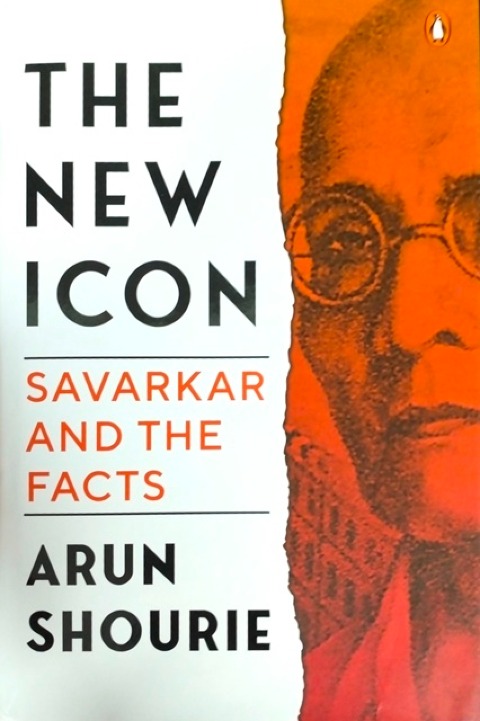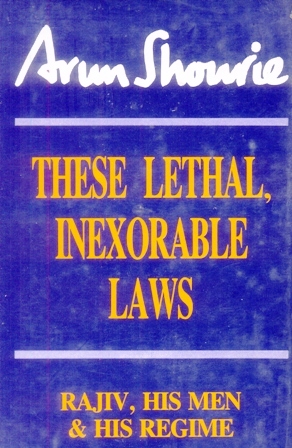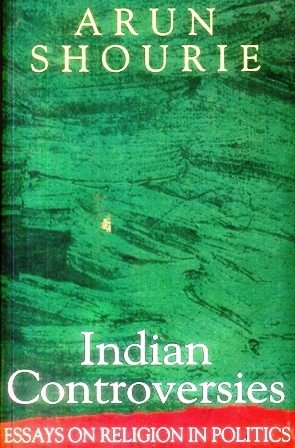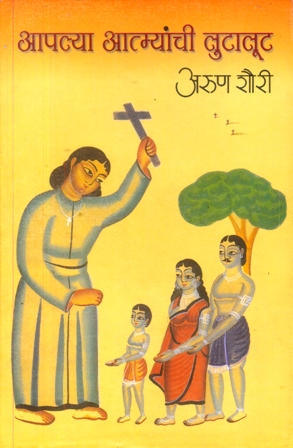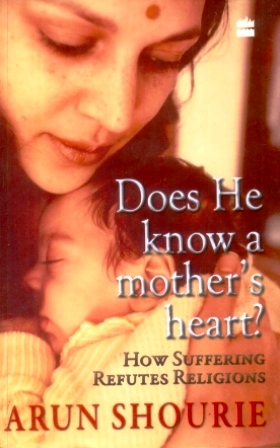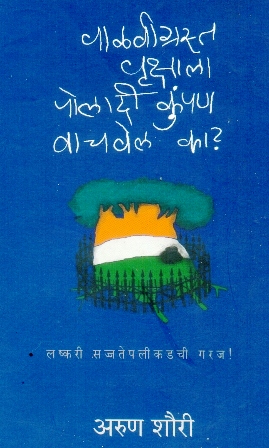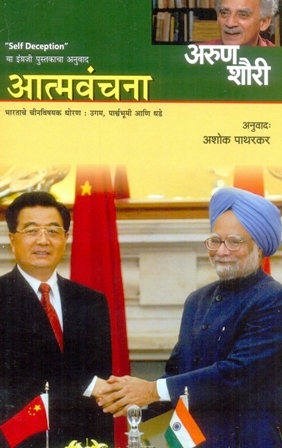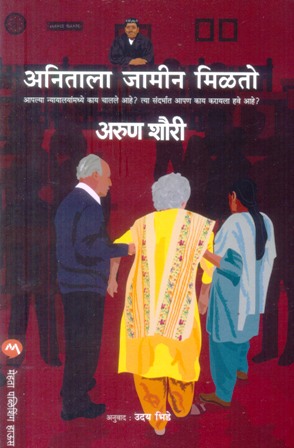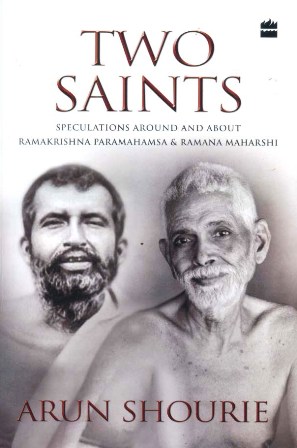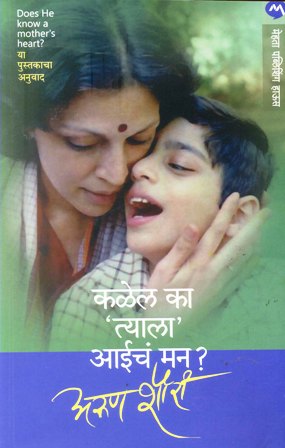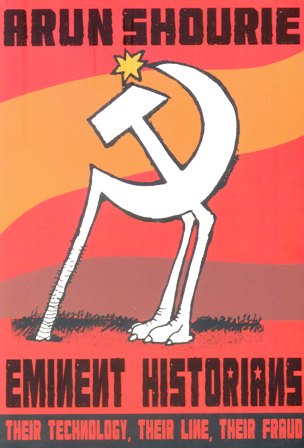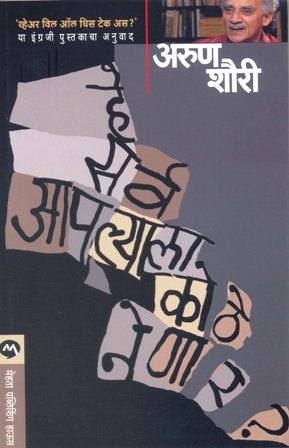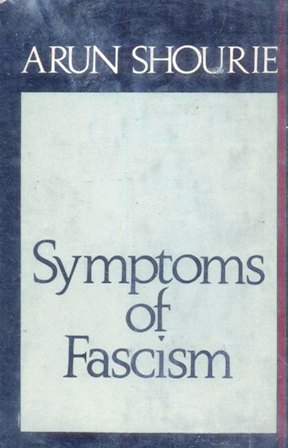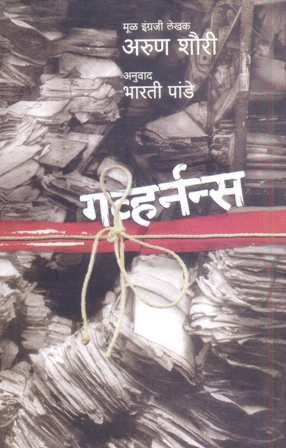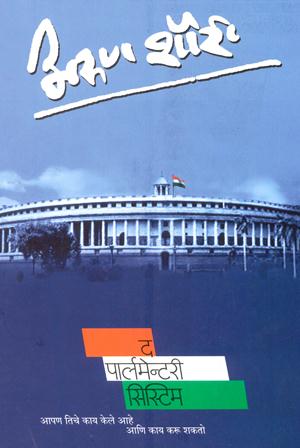-
The New Icon Savarkar And The Facts
Did Savarkar battle a stormy sea when he attempted his legendary escape at Marseilles? Did Gandhiji and he stay together ‘as friends’ in London as Savarkar claimed during Gandhiji’s assassination trial? Did he turn against Muslims because of the cruelty of jailers in the Andamans? What is one to make of his ‘mercy petitions’ to the British? Did he pledge to be ‘politically useful’ to the British and accept conditions for his release that even the British had not demanded? During the Quit India movement, did Savarkar promise ‘whole-hearted cooperation’ to the British? What did he seek from the British? Was Savarkar the one who showed Subhas Bose the path that Netaji then followed? What did Savarkar think of Hinduism, about our beliefs and ‘holy cows’, about the texts Hindus hold to be sacred? Have our people been suffused with Hindutva as Savarkar maintained? What sort of a State did he envisage? Is Savarkar being resurrected today to erase the one great inconvenience―Gandhiji? In The New Icon, Arun Shourie delves deep into Savarkar’s books, essays, speeches, statements to answer these and other questions. He exhumes archives of the British government. He takes us through contemporary records. And unearths facts that will surprise you.
-
Indian Controversies
Ayodhya / Babri Mosque / Islam and Iconoclasm / Rushdie / Freedom of Speech / The Versed Themselves / Jinnah / Sir Syed Ahmed Khan / Terrorism / Kashmir / Article 370 / Punjab / Incitement / Appeasement / Restoring Dialogue / Jamia Milia Islamia / 'Rushdie The Second' / Bible / Literal Interrancy / Papal Infallability / Milleniarism / Fundamentalism / Taking offence / True Secularism / Reason / Evidence / Abuse / Law / Consitution / Enforcement / Fundamental Duties / Rights / Shah Bano / Shariah / Quran / Jesus / Mohammed / Kafirs / People of the Book / Sole Spokesmen /
-
Does He Know A Mother's Heart? How Suffering Refut
Arun's brilliance and insight come to the fore when he takes his specific personal situation and turns it into a discussion on the larger questions that humankind has been grappling with over the ages' - N.R. Narayana Murthy 'It is for this book that Arun will be remembered the most. It moved me to tears ...' -Dr R.A. Mashelkar A child is in agony. Is it because God does not have the power to prevent suffering? Or, though He has the power, He does not know? Or that He knows and has the power but doesn't care? Why is the child suffering? 'It must be because of the child's karma,' we are told. But how do we know he did some wrong? 'Because he is suffering,' we are told as if that is anything except a mere circularity. 'No one is suffering,' say the mystics, 'Everything is maya.' Yet they eat, they teach, they pen books. If the world is all maya, why do they do all this? Or do they mean something else when they say, 'The world is unreal'? We cannot escape suffering. How may we put it to work? A profound examination of these and other questions, questions that each of us has to face in life.
-
Atmavanchana (आत्मवंचना)
सेल्फ डिसेप्शन’ (आत्मवंचना) या पुस्तकात पंडित जवाहरलाल नेहरू यांनी भारत-चीन संदर्भात केलेला पत्रव्यवहार आणि त्या संदर्भात केलेली भाषणे यांचा आढावा घेऊन त्यावर अरुण शौरींनी भाष्य केलं आहे. त्यातून भारत-चीन संदर्भात नेहरूंचं धोरण कसं होतं, त्या धोरणांचे परिणाम काय झाले, तत्कालीन राजदूतांची भारत-चीन संदर्भातील मते, या प्रश्नाच्या संदर्भात माध्यमं काय करतात इ. मुद्द्यांकडे लक्ष वेधण्याचा प्रयत्न त्यांनी केला आहे
-
Anitala Jamin Milto (अनिताला जामीन मिळतो)
कायदेमंडळे आणि सरकार म्हणजे लोकशाहीचे दोन आधारस्तंभ. पण या व्यवस्थांमधला गलथान कारभार अनेकदा नागरिकांच्या मूलभूत हक्कांचीच पायमल्ली करतो. याचा अनुभव खुद्द माजी मंत्री असलेल्या अरुण शौरी यांनी घेतला. त्यांनी अनुभवलेल्या या मनस्तापजनक घटनेची कारणमीमांसा करत शौरी यांनी भारतीय न्यायव्यवस्थेच्या कारभारावरच या पुस्तकात प्रकाश टाकला आहे.
-
Two Saints
The life of Ramakrishna Paramahamsa 'enables us to see God face to face', Gandhiji wrote. Similarly, when someone in his circle was distraught, the Mahatma sent him to spend time at the Ashram of Ramana Maharshi. Such was their stature and influence. The Paramahamsa and the Maharshi have been among the greatest spiritual figures of our country. They have transformed the lives of and have been a solace to millions. Moreover, in our tradition, words of such mystics are regarded as conclusive. They have evidentiary status : if they say there is a soul, there is, if they say there is life-after-death or reincarnation, there is. Their peak, mystic experience is what we yearn to have, even just once. But what if several of the experiences they had-the feeling that someone higher is present next to them, the feeling that they are floating above their body, looking down at it, the 'near-death experience', the ecstasy, the visions-occur in other circumstances also? Should we think again about their experiences when these occur as points in the brain are stimulated with an electrode during surgery? What if they can be recreated in a laboratory non-invasively? When they occur to ordinary persons placed in extraordinary circumstances? Did the experiences occur from some ailment? As was alleged in the case of Sri Ramakrishna? From some 'madness', which he feared he had? From the fits that Sri Ramana said he used to have? What of the experiences of devotees? Seeing the Master where he wasn't? Seeing the Master, feeling his presence, after he had passed away? Are these hallucinations? Or do they testify to the Master's divinity? How would conclusions about their experiences affect their teaching? That the world and everything in it is 'unreal'? In the light of their pristine example, how should we view, and what should we do about the godmen and gurus who control vast financial and real estate empires today, to whom lakhs flock? Are they the saints they set themselves up to be or just marketers? With the diligence and painstaking research that mark all his work, Arun Shourie probes these questions in the light of the recent breath-taking advances in neuroscience, as well as psychology and sociology. The result is a book of remarkable rigour: an examinationp-and ultimately reconciliation-of science and faith as also of seemingly antagonistic, irreconcilable worldviews. About the Author Scholar, author, former editor and minister, Arun Shourie is one of the most prominent voices in our country's public life and discourse. This is his twenty-seventh book
-
Eminent Historians : Their Technology, Their Line,
In an incisive commentary, Arun Shourie highlights the extent to which our history textbooks have been doctored in order to be politically correct. Well researched and highly engaging, this book brings to light the deceptive tricks and specious arguments used by our countrys academicians to further their selfish aims. It also focuses on the shoddy work done by some of the countrys top institutions like the IHRC. Eminent Historians discusses how Indian historians have controlled and misused important institutions like the Indian Council of Historical Research (ICHR), the National Council of Educational Research Training (NCERT) and a large part of academia and the media. Taking on well-known historians like Romila Thapar and Irfan Habib, Shourie argues that Marxist historians have whitewashed the records of rulers like Mahmud of Ghazni and Aurangzeb. With his customary academic rigour and understanding of politics and history, he avers that Marxist historians in India rarely mention important figures of India or of the Indian states and that the standard Soviet work, A History of India (1973), is much more objective and truthful than the history books written by Indian Marxists. Updated with two new chapters which bring to light more recent developments in the field, this is a must read for every Indian who has an interest in the countrys history and a stake in its future. About the Author Scholar, former editor and minister, Arun Shourie is one of the most prominent voices in our countrys public life.

